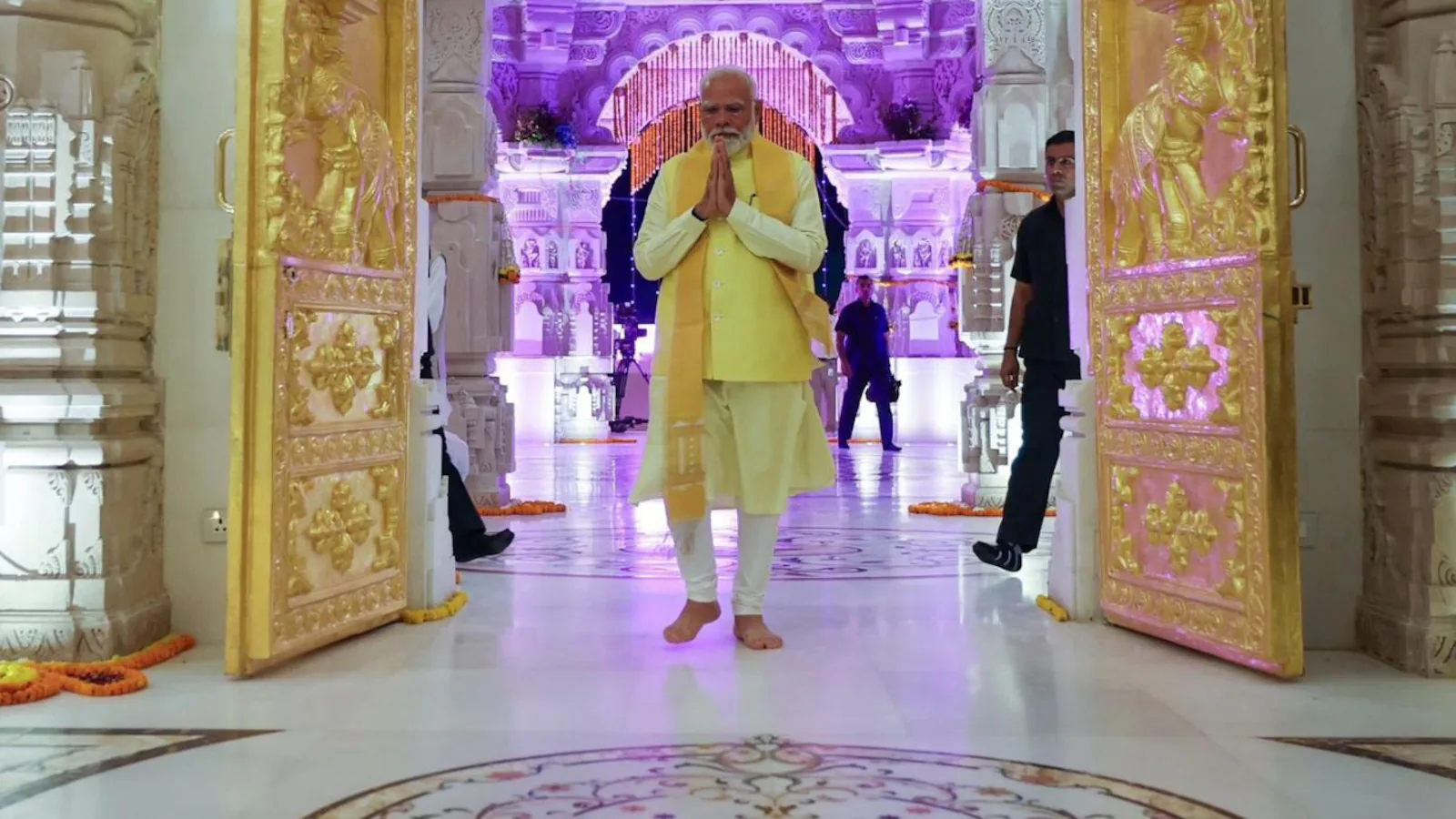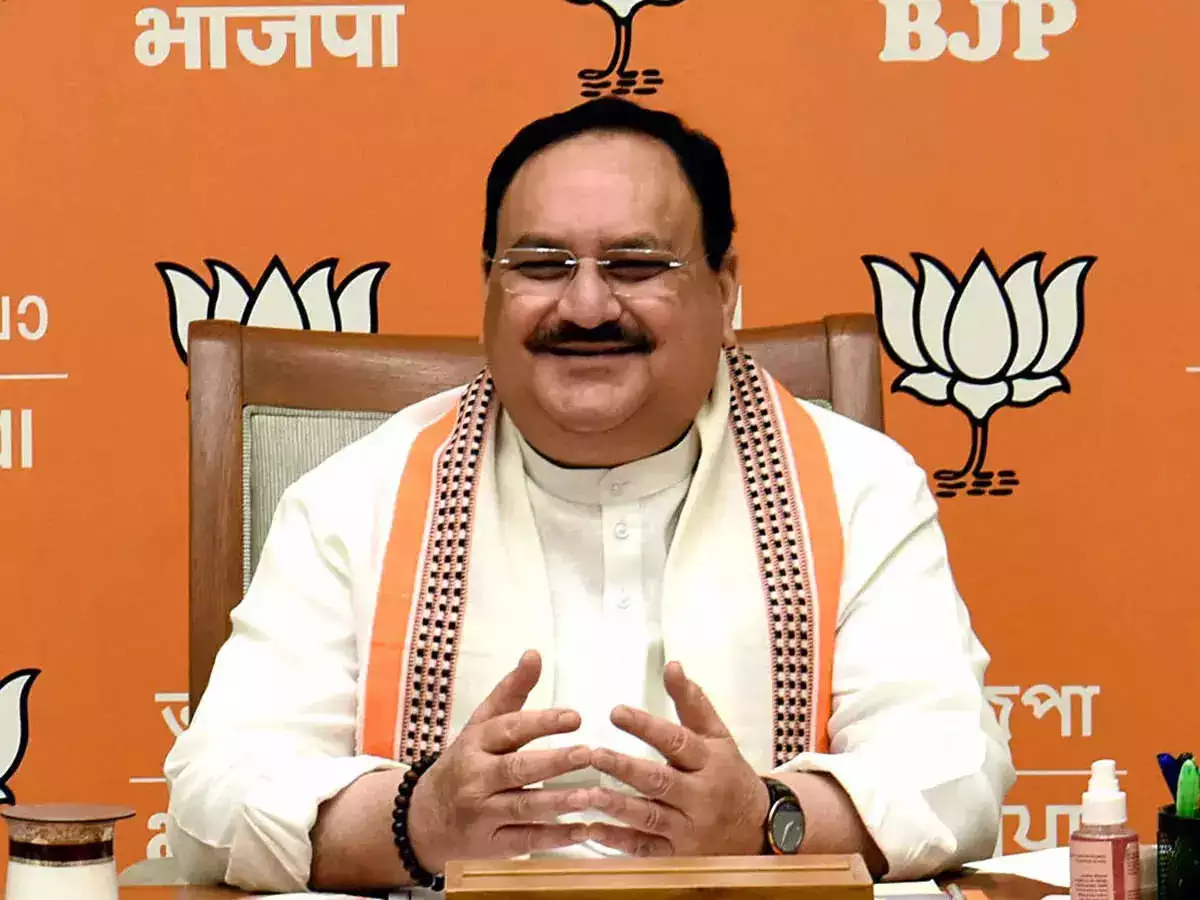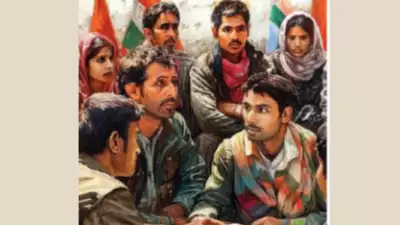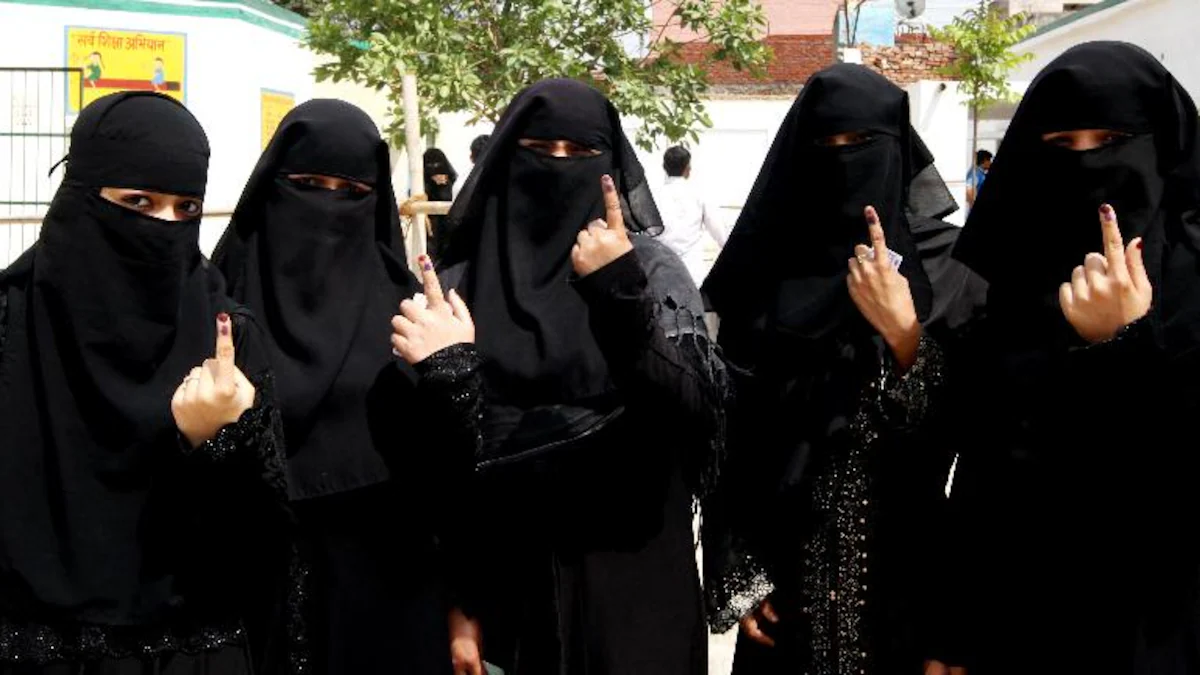AYODHYA: “Na Mathura, na Kashi, abki baar Awadhesh Pasi” (Neither Mathura nor Kashi, this time Awadhesh Pasi) — This rallying cry of the Samajwadi Party (SP) triumphed over the BJP’s Ram temple strategy in Ayodhya, delivering a significant blow to the saffron party.
Despite the BJP’s nationwide emphasis on the Ram temple, the voters in Lord Ram’s birthplace rejected the party. The BJP lost in four out of the five assembly segments in the Faizabad constituency, which includes Ayodhya.
The SP took a bold step by fielding Awadhesh Prasad, a candidate from the Scheduled Caste Pasi community, for a general seat. Prasad, a nine-time MLA and former minister, decisively defeated BJP’s Lallu Singh by a margin of 55,000 votes. Anti-incumbency sentiments against the two-time MP Lallu Singh were particularly pronounced in rural areas.
This election marks the first time since 1957 that Faizabad has elected an SC representative to Parliament. “The BJP pulled out all the stops to secure votes using the Ram temple issue. During the election campaign, they ensured that prominent leaders and dignitaries from BJP-ruled states visited the Ram temple for political mileage. But the locals saw through the deception,” Prasad commented.
While the BJP highlighted the “development” around Ayodhya following the temple construction, this very transformation turned into their Achilles’ heel. Akhilesh Yadav’s PDA (Pichhda, Dalit, and Alpsankhyak) coalition effectively consolidated the voter base. At the same time, the city’s makeover brought a host of issues for residents.
Sharad Kapoor, director of Shan-e-Awadh, one of the oldest hotels in the city, observed: “Barricades, heavy police presence, traffic diversions, VIP culture, bureaucratic dominance, and insufficient compensation for property owners are some of the problems troubling local residents and traders. In rural areas, a sense of insecurity has also taken hold.”
With land prices soaring in Faizabad, the local administration and development authorities have tightened property transaction regulations and initiated the acquisition of agricultural land on the outskirts for further expansion. Despite the BJP’s local leaders being aware of the growing discontent, they had limited influence over the decision-making process.




